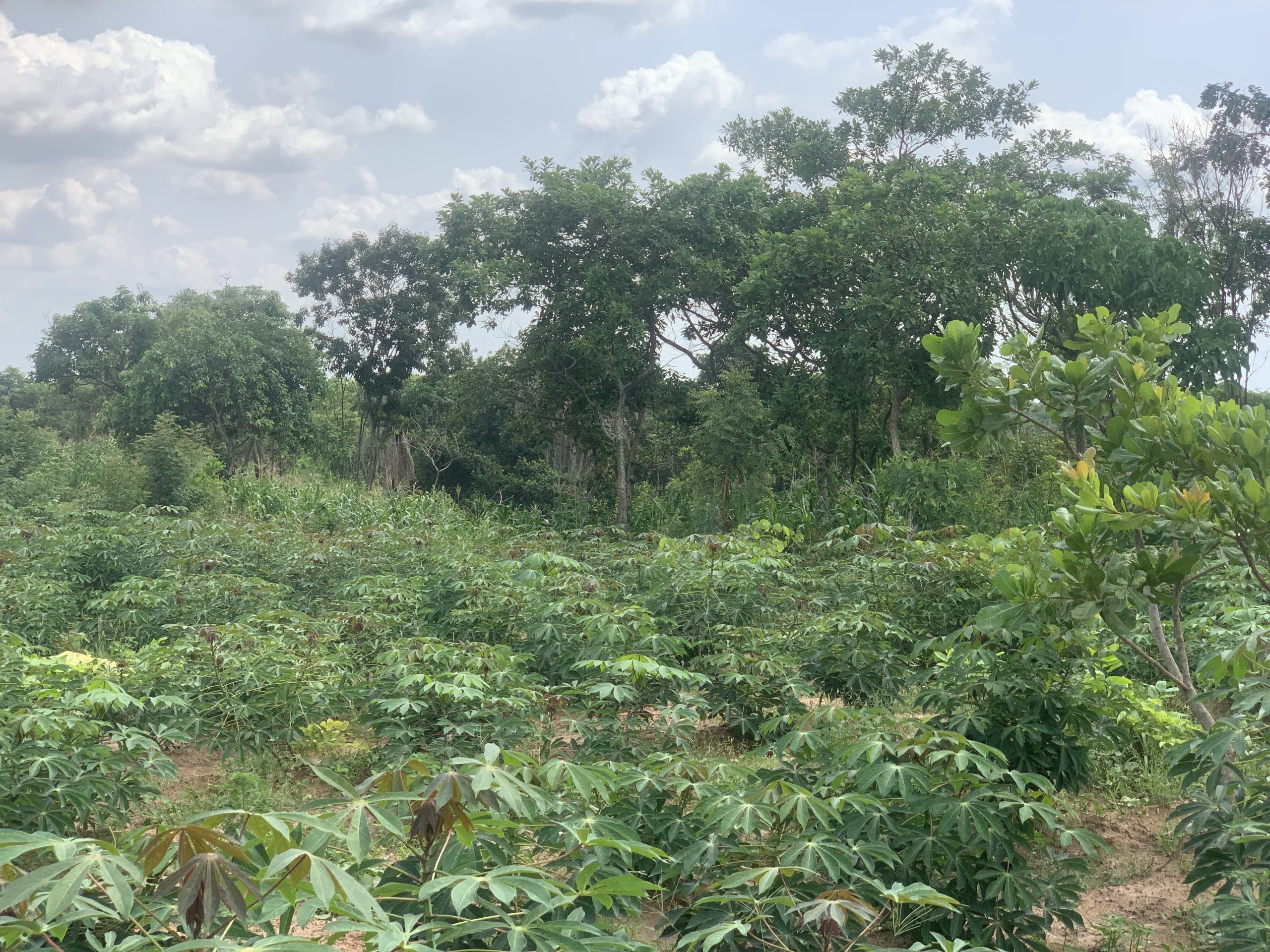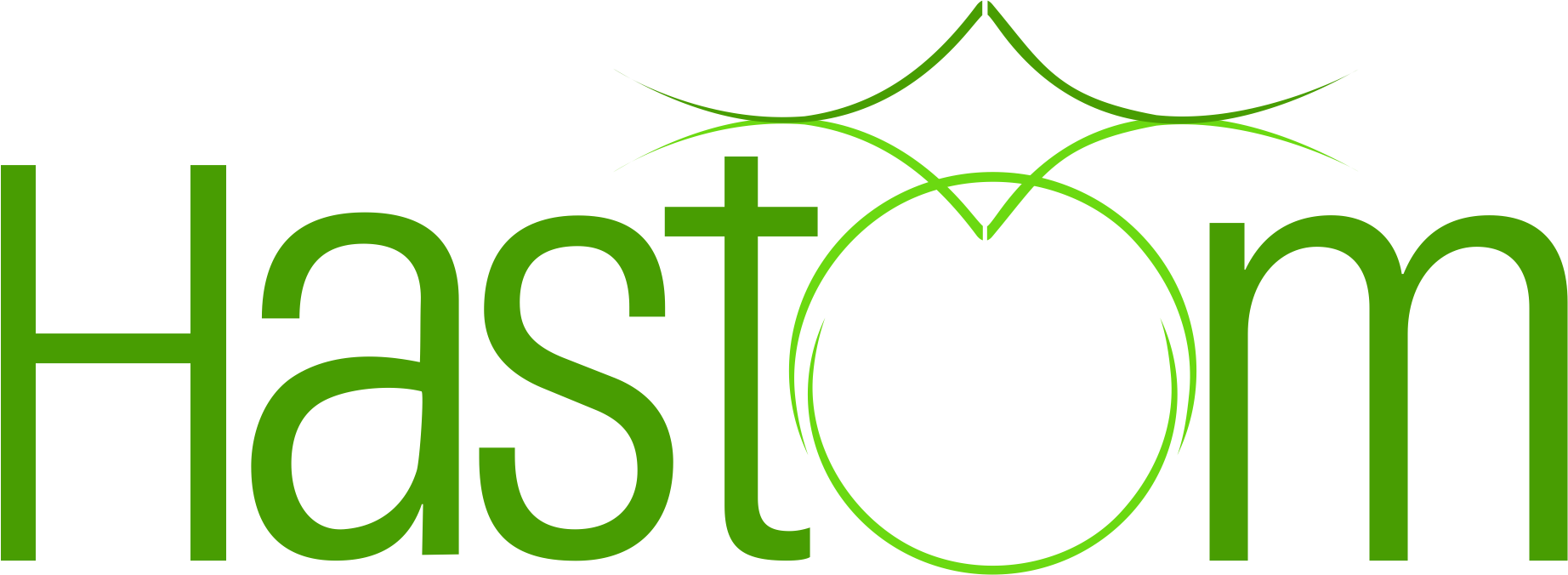
In our blog post today, we would be discussing the advantages and disadvantages of integrated farming. The concept of integrated farming is not a new concept and it is one way to maximize profit in agriculture.
Taking for example, Nigeria’s current population is 221.5 million and the total expanse of land in Nigeria is 228 million acres. In 2050, the projected population is 400 million and the land expanse still remains the same. With the increase in population, there will be a need for more food which means there will be a need for more land to cultivate food crops.
Currently, the acre per capita(the number of acres of land each Nigerian would own if Nigeria were divided among all Nigerians) is 1.0 acre and in 2050, it will reduce to 0.57 acre. The current expanse of land Nigeria has is not enough for Nigerians to live, not to talk of land to cultivate food crops, land for animals to graze, etc.
Now, the question is what is the solution to this? The solution to this problem is integrated farming. Integrated farming, also known as mixed farming or integrated agricultural systems, refers to a sustainable approach to farming that combines different agricultural activities within a single system. It involves the integration of crops, livestock, and other farm components to create a mutually beneficial and efficient farming system.
In an integrated farming system, various elements are interconnected and interact with each other to maximize resource utilization and minimize waste. For example, animal waste can be used as fertilizer for crops, while crop residues can be fed to livestock. This type of farming aims to create a closed-loop system where outputs from one component become inputs for another, reducing the reliance on external inputs.
Some of the components and practices of integrated farming are; Crop production, Livestock integration, Aquaculture integration, Agroforestry and Waste recycling to mention but a few.
Advantages of Integrated farming include the following:
- Resource optimization: Integrated farming optimizes the use of available resources by utilizing the waste products from one activity as inputs for another. For example, livestock waste can be used as organic fertilizer for crop production, and crop residues can be used as feed for livestock. This reduces waste generation and maximizes resource efficiency.
- Enhanced nutrient cycling: The integration of crops, livestock, and other components in a farming system promotes nutrient cycling. Animal manure and crop residues are recycled back into the system, enriching the soil with organic matter and essential nutrients. This reduces the dependence on synthetic fertilizers and improves soil fertility in the long run.
- Increased income and diversification: Integrated farming allows farmers to diversify their income streams by engaging in multiple agricultural activities. They can generate revenue from crop sales, livestock products (meat, milk, eggs), fish production, and agroforestry products. This diversification reduces the risk of crop failure or market fluctuations and provides a more stable income for farmers.
- Pest and disease management: Integrated farming systems often incorporate natural pest and disease control methods. For instance, certain crops can be intercropped to confuse pests or repel insects, while some livestock species can control weed growth. This reduces the need for chemical pesticides and promotes a more environmentally friendly approach to pest management.
- Improved soil and water conservation: Integrated farming practices, such as agroforestry and the use of cover crops, help prevent soil erosion and improve soil structure. Trees and vegetation in agroforestry systems act as windbreaks and shade, reducing evaporation and conserving water. These practices contribute to sustainable land management and mitigate the negative environmental impacts of conventional agriculture..
While integrated farming has various advantages, it has some disadvantages. Here are a few of them;
- Complex management: Integrated farming involves managing both crops and livestock simultaneously. This can be challenging as it requires expertise in multiple areas, such as agronomy, animal husbandry, and farm management. Farmers need to possess a broad set of skills and knowledge to effectively handle the diverse components of integrated farming.
- Higher investment and operational costs: Integrated farming often requires more substantial initial investments and ongoing operational costs compared to specialized farming systems. Maintaining livestock, purchasing additional equipment, and implementing infrastructure for both crops and animals can be financially burdensome, especially for small-scale farmers.
- Disease transmission: The integration of crops and livestock can create a higher risk of disease transmission. Certain diseases can easily spread from animals to crops and vice versa, leading to losses in productivity. For example, livestock diseases can contaminate soil and water sources, which can subsequently affect crop growth.
- Increased workload and labor requirements: Integrated farming demands more labor and effort due to the diverse range of tasks involved. Farmers need to manage livestock, tend to crops, handle harvests, and perform various other activities. This can lead to increased workload and may require additional labor, making it more challenging for farmers, particularly those with limited resources.
- Potential for nutrient imbalances: In integrated farming systems, animal waste and byproducts are often used as fertilizers for crops. While this can be beneficial, improper management or overuse of such organic inputs may result in nutrient imbalances in the soil. It requires careful monitoring and management to ensure that the nutrients are appropriately distributed and utilized by the crops.
In conclusion, integrated farming helps in sustainable, profitable as well as productive agriculture. Knowing fully well that you need to join a team of experts in order to get the best out of your integrated farm, Hastom is a company with well trained experts that can help and enhance a profitable and productive farming.


